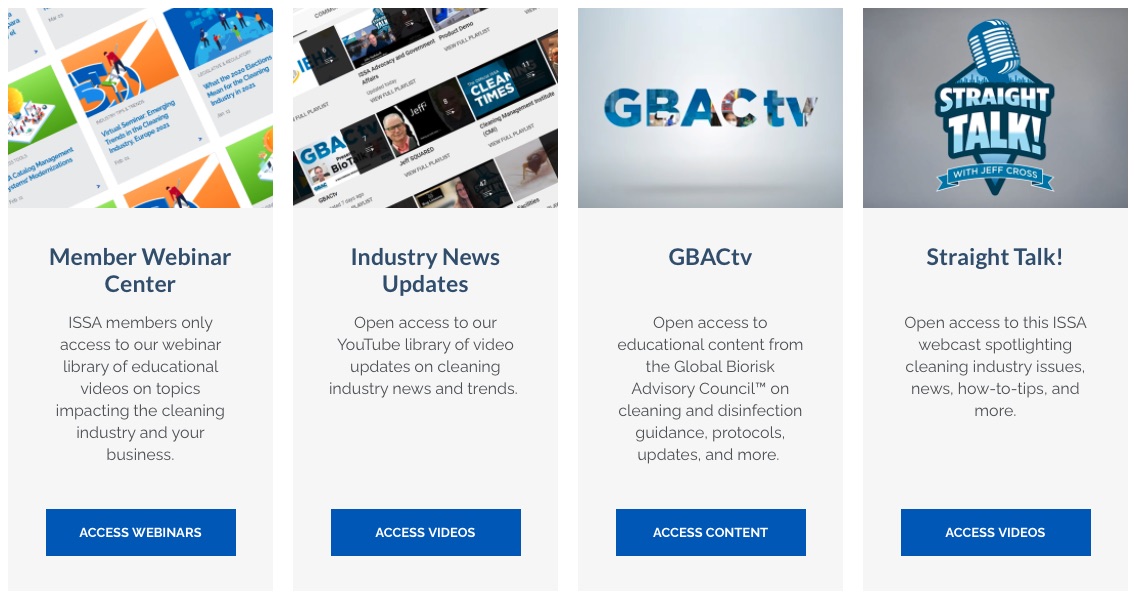Employer Tax Incentives
Ex-offenders, people with disabilities, and veterans of the U.S. Armed Forces comprise largely untapped labor pools. Unemployment rates for people with criminal histories or disabilities are strikingly higher than that of the general population, leaving many qualified workers without a job. Furthermore, the struggles of many veterans are untold by the unemployment rate, as workers grounded in valuable training settle for part-time jobs or give up searching for work altogether. One contributor to this phenomenon that is characteristic of all three is employer unfamiliarity with how to work with these groups of people and the benefits related to employing them.
To close these gaps, governments now provide economic incentives for employers. Federal and state-level programs are available across the country. Familiarizing yourself with these opportunities stands to not only help turn “employer unfamiliarity” around, but also benefit your business, the individuals who may be considered for hiring, and the economy.
Twenty-two states including, Alabama, Alaska, Arizona, California, Connecticut, Delaware, Florida, Hawaii, Illinois, Iowa, Louisiana, Maryland, Missouri, New Jersey, New Mexico, New York, North Dakota, Oklahoma, Tennessee, Utah, Washington, West Virginia, and Wisconsin provide state-level tax credits to employers who hire people with criminal records, disabilities, and/or veterans.
ISSA produced this document to inform our members about the various incentives available for hiring these workers. With it, you can contact the administrations that handle federal-level programs in your state, as well as find information on any state programs your state might have.
Interested in hiring someone? Check out the document’s appendix for resources to jump start job postings, job fairs, and other tools to connect you with these groups of workers.
Federal-Level Economic Incentives Administered by Every State
- WOTC
Description: The Work Opportunity Tax Credit (WOTC) is a federal-level tax credit that encourages employers to hire individuals from certain targeted groups who have consistently faced significant barriers to employment. This includes ex-offenders, qualified Veterans, and Vocational Rehabilitation Referred Individuals, among others.
Who Administers: The U.S. Department of Labor (DOL) and U.S. Department of Treasury, through the Internal Revenue Service (IRS), jointly administer the implementation of the WOTC program. DOL, through the Employment and Training Administration (ETA), provides grant funding and policy guidance to the State Workforce Development Agencies, also called State Workforce Agencies (SWA) to administer the certification process (the information for which you can access in the 1st column below).
Amount: The maximum tax credit ranges from $1,200 to $9,600, depending on the employee hired and the length of employment
Expiration: The current Act extends the WOTC program through December 31, 2019.
FAQ
Contact: [email protected] with any questions. - Fidelity Bonding Services
Description: Fidelity Bonding is a no-cost insurance coverage for employers who hire “at risk,” hard-to-place job seekers. This includes ex-offenders and those dishonorably discharged from the military, among others.
Who Applies and Administers: Employers or job applicants seeking FBP bonds should contact their local state bonding coordinator (the information for whom you can access in the 2nd column below) and fax in the completed Fidelity Bond Certification Form. Other authorized non-profit organizations may register online to begin utilizing the new online portal. Visit bondsforjobs to register. Once registered you will be able to purchase bonds and request bonds to be issued via the site.
Amount: One bond unit provides $5,000 of coverage for six months. This amount is sufficient to facilitate most job placements. However, coverage amounts for individual employees can be $5,000, $10,000, $15,000, $20,000, or $25,000, depending on the level of risk at a job.
How long does it last: The key purpose of the Federal Bonding Program is to remove a barrier and enable an applicant to get a job. The bond is issued free-of-charge to the employer for six months. This gives the employee six months to demonstrate job honesty and build a relationship with the employer. At the end of the six months, the employer may allow the bond to expire naturally or they may choose to continue the bond by contacting the bonding agency to purchase a commercial bond, making the employee Bondable for LIFE
FAQ
For additional questions, contact: Program Director Catherine Lawell at [email protected] or (317)232-3623.
State-level Economic Incentives Administered by Some States
- Tax Credit for Hiring Ex-Offenders
Four states – California, Illinois, Iowa, and Louisiana currently provide tax credits to employers who hire people with criminal records. - Tax Credit for Hiring People with Disabilities
Ten States –Connecticut, Delaware, Hawaii, Illinois, Iowa, Louisiana, Maryland, New York, North Dakota, and Tennessee currently provide state income tax credits to employers who hire people with disabilities. - Tax Credit for Hiring Veterans
Thirteen States – Alabama, Alaska, California, Connecticut, Missouri, New Jersey, New Mexico, New York, Oklahoma, Utah, Washington, West Virginia, and Wisconsin currently provide state income tax credits to employers who hire veterans.





